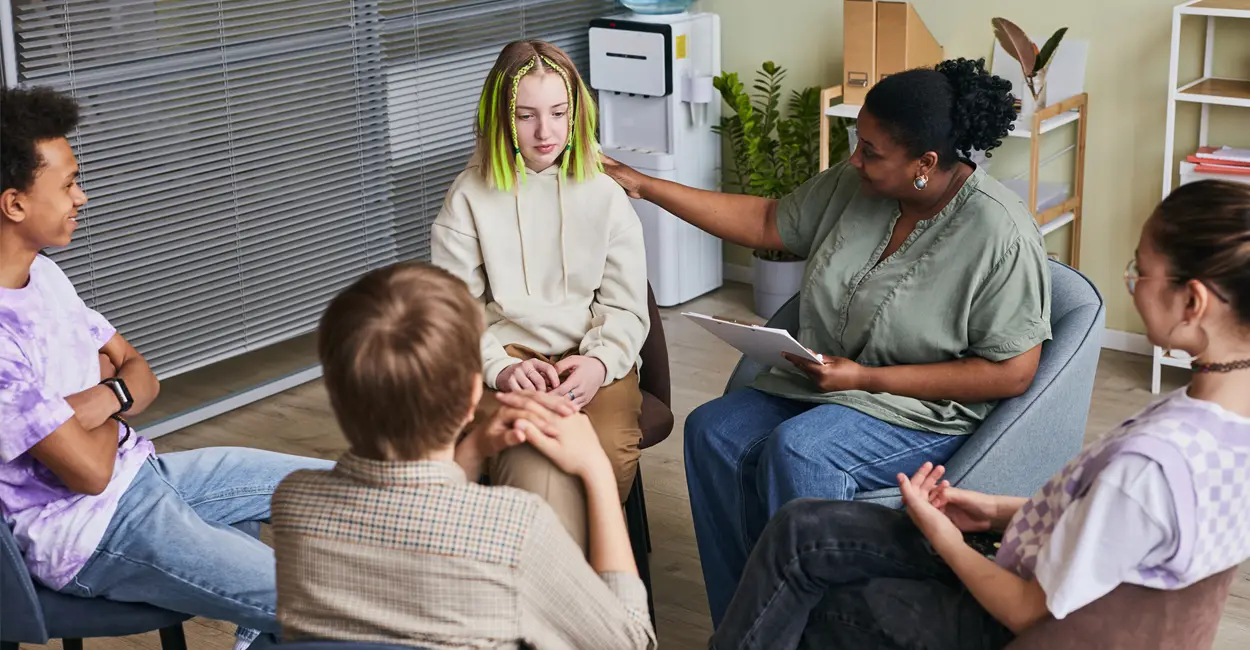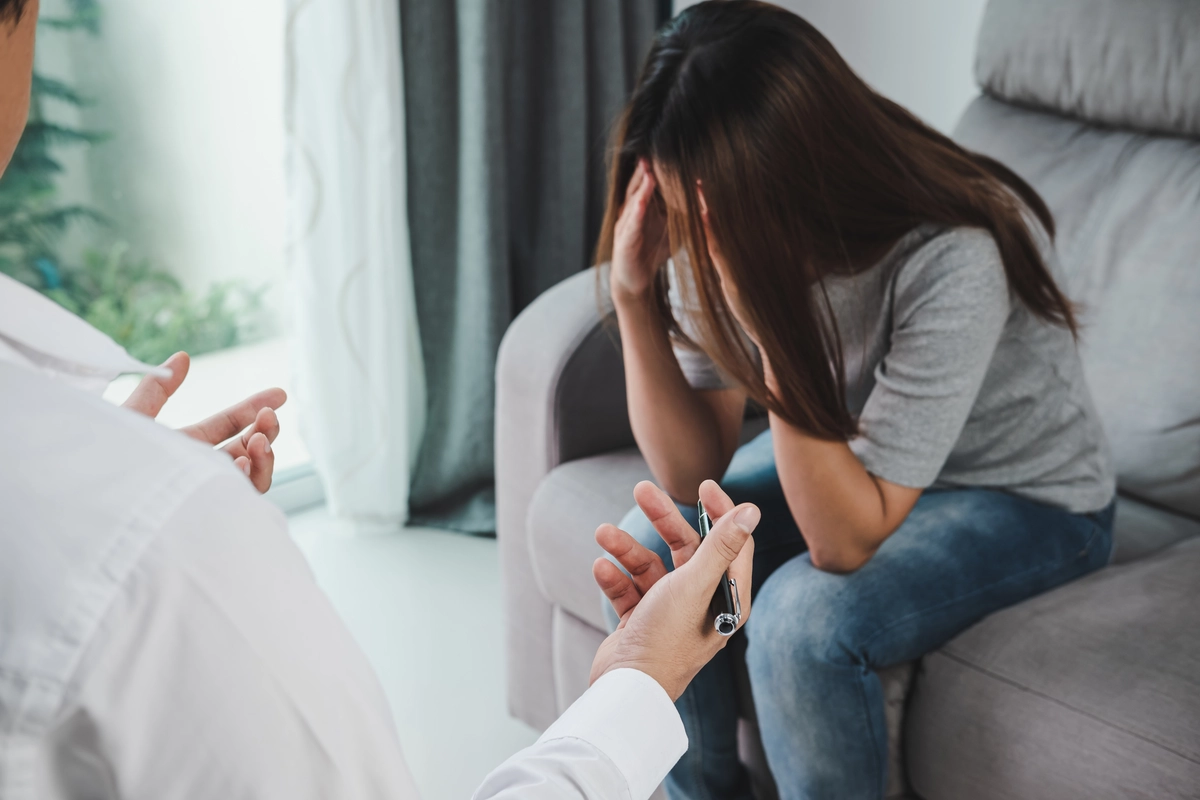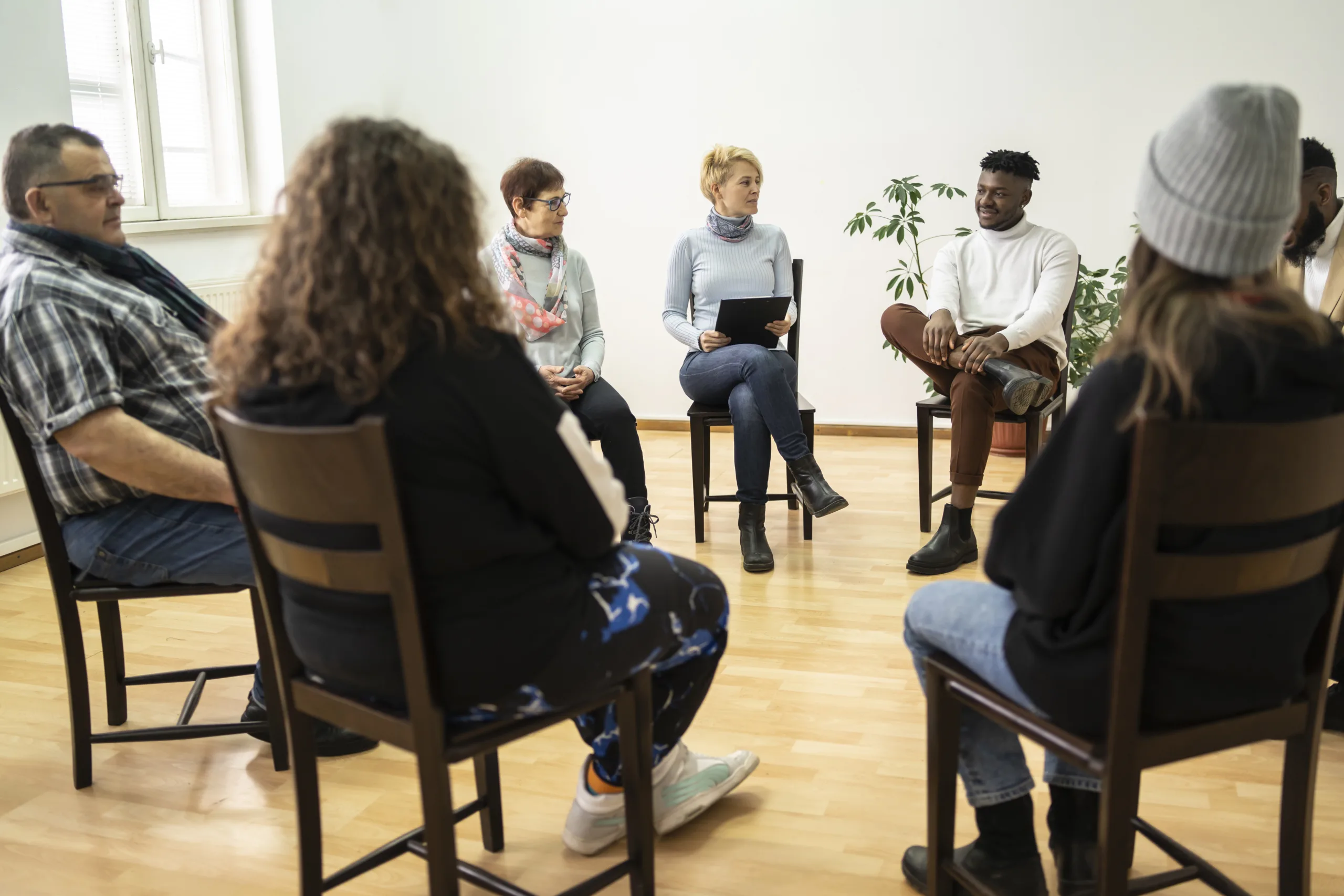24/7 Helpline:
(866) 899-221924/7 Helpline:
(866) 899-2219
Learn more about PTSD Treatment centers in Vidor

Other Insurance Options

WellCare Health Plans

Choice Care Network

MHNNet Behavioral Health

United Health Care

Self-pay options

Ambetter

Holman Group

Cigna

BlueShield

Carleon
Beacon

Aetna

Group Health Incorporated

WellPoint

Highmark

GEHA

Kaiser Permanente

CareSource

Access to Recovery (ATR) Voucher

Absolute Total Care


































